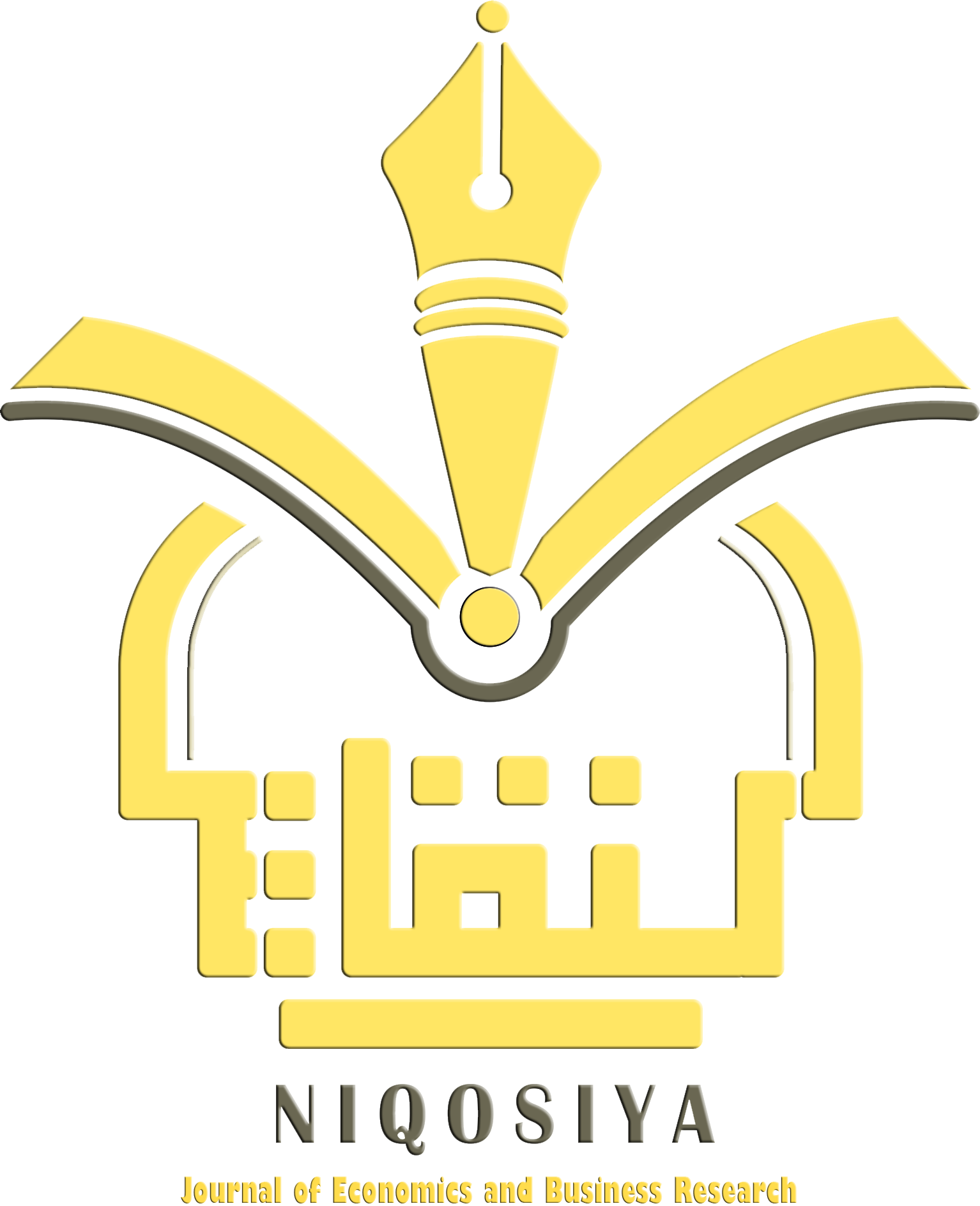Analisis Ekonomi Politik Lembaga PJPH, LPH, Dan MUI Terhadap Kebijakan Kewajiban Sertifikasi Halal Di Indonesia
Abstract
Introduction: The Indonesian Ulema Council (MUI), the Halal Product Guarantee Organizing Agency (BPJPH), and the Halal Inspection Institute (LPH) have been formed by the government through its ministries to ensure that the implementation of the Halal Product Guarantee runs smoothly since regulations related to this matter were issued in 2014 until it comes into effect in 2019. This research aims to provide a general overview of the political economic situation faced by BPJPH, LPH, and MUI organizations when implementing policies that require halal certification. Research Methods: This research data was collected from literature relevant to the research problem using qualitative methods and library research. Result: According to the findings of this study, halal product certification policies in Indonesia are still not ideal. Due to the lack of recognized Halal Inspection Institutions (LPH),effectiveness, equity and reach are still not adequately met. However, over time, the government has been quite effective in responding to requests for halal certificate subsidies and achieving its targets. The hope is that business actors can maximize the opportunity for free halal certification, before it becomes payable.
Downloads
References
Alfikri, L. R., & Fauzi, A. (2022). Politisasi Sertifikat Halal. 3, 3–5.
Arifin, H. (2023). Analisis Sistem Sertifikasi Halal Kategori Self Declare. Sinomika Journal, 1(5), 1173–1180.
Donny, A., & Kurniawan, B. (2021). Evaluasi Pelaksanaan Kebijakan Sertifikasi Jaminan Produk Halal Menengah Pasca Covid-19. Dukcapil.
Farhanah, A. M. (2019). Kewenangan Bpjph Dan Mui Dalam Sertifikasi Halal Berdasarkan Undang-Undang Nomor 33 Tahun 2014. In Progress In Retinal And Eye Research (Vol. 561, Issue 3).
Fathoni, M. A. (2020). Potret Industri Halal Indonesia: Peluang Dan Tantangan. Jurnal Ilmiah Ekonomi Islam, 6(3), 428. Https://Doi.Org/10.29040/Jiei.V6i3.1146
Indah. (2022). Lima Tahun Bpjph, Ini Capaian Jaminan Produk Halal Di Indonesia. Https://Kemenag.Go.Id/Pers-Rilis/Lima-Tahun-Bpjph-Ini-Capaian-Jaminan-Produk-Halal-Di-Indonesia-1y82qo
Indah. (2023a). Lebih 38 Ribu Produk Tersertifikat Halal Bpjph Sejak Januari 2023. Https://Kemenag.Go.Id/Pers-Rilis/Lebih-38-Ribu-Produk-Tersertifikat-Halal-Bpjph-Sejak-Januari-2023-Ecfr1d
Indah. (2023b). Produk Ini Harus Bersertifikat Halal Di 2024, Kemenag: Ada Sanksi Bagi Yang Belum! Kemenagri. Https://Kemenag.Go.Id/Pers-Rilis/Produk-Ini-Harus-Bersertifikat-Halal-Di-2024-Kemenag-Ada-Sanksi-Bagi-Yang-Belum-Hdyhh9
Kemenkeuri. (2023). Sertifikasi Halal Tingkatkan Daya Saing Produk Di Pasar Domestik Dan Global. Https://Www.Kemenkeu.Go.Id/Informasi-Publik/Publikasi/Berita-Utama/Sertifikasi-Halal-Tingkatkan-Daya-Saing-Produk
Mursid, M. C., & Palupiningtyas, A. D. (2022). Kontrol Perilaku Untuk Membeli Ulang Kosmetik Halal Perspektif Theory Of Planned Behavior.
Sayekti, N. W. (2014). Jaminan Produk Halal Dalam Perspektif Kelembagaan. Jurnal Ekonomi Dan Kebijakan Publik, Vol. 5 No.(November), 193–209. Http://Id.Portalgaruda.Org/?Ref=Author&Mod=Profile&Id=583667
Sugiyono. (2022). Metode Penelitian Kuantitatif Kualitatif Dan R&D (Sutopo (Ed.); 2nd Ed.). Alfabeta,Cv.
Trisakti, R. H. (2023). Peranan Dan Kedudukan Badan Penyelenggara Jaminan Produk Halal Dalam Kelembagaan Negara. 5(1), 223–232.
Undang-Undang Republik Indonesia Nomor 33 Tahun 2014 Tentang Jaminan Produk Halal
Wafa, Z. (2022). Analisa Politik Dan Ekonomi Sertifikasi Halal Oleh Bpjph Dalam Perspektif Maqashid Al Syariah. Moderation, 2(02 Agustus 2022), 63–76. Https://Journal.Adpetikisindo.Or.Id/Index.Php/Moderation/Article/View/64
Copyright (c) 2023 Dita Anjani, Riyati Husnul Hotimah, Saviola Oryza Sativa, Dzulfa Fikriyyah Syifa, Ahmad Iqbal Jaza

This work is licensed under a Creative Commons Attribution-NonCommercial 4.0 International License.














